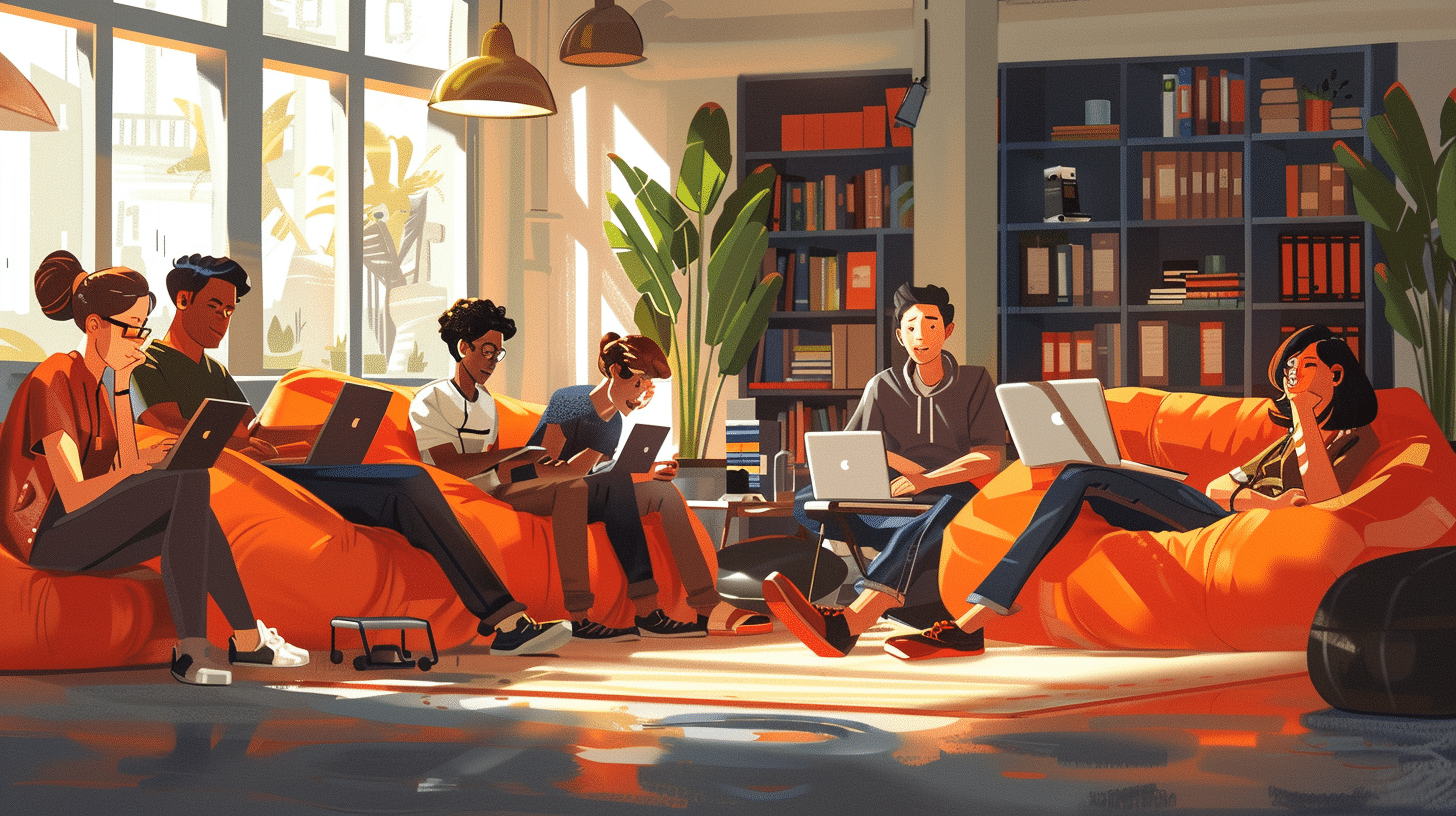Living in China comes with its fair share of amusing surprises, especially when it comes to dining. One notable aspect is the etiquette surrounding chopsticks. Here are a few humorous pointers:
Do not stick your chopsticks vertically into a bowl of rice. It may seem like a convenient chopstick rest, but this actually resembles incense sticks burning at a shrine, which traditionally is associated with death and mourning.
Beware the ‘Lazy Susan’. The rotating table device used in many Chinese restaurants can lead to a mini tug-of-war for dishes, and sometimes, a surprise splash of soup!
Playing ‘table billiards’ with your plate is frowned upon. It’s common to see diners try to spin their plates for easier access to food, but it’s actually considered impolite. It’s better to ask someone to pass the dish.
Finishing everything on your plate. While in many cultures this is seen as a compliment to the chef, in China, it might be interpreted that the host did not provide enough food. Always leave a little to show there was plenty.
Fun with Language
Chinese language and its nuances can be a source of endless amusement and sometimes, a bit of confusion for expats.
The complexities of Chinese tones. Mandarin, the official language of China, is tonal, meaning the pitch or intonation used when speaking can change the meaning of a word entirely. The classic example is the word “ma,” which can mean mother, horse, scold, or hemp based on the tone!
Interesting translations. English translations of Chinese signs or menus can sometimes be humorous due to literal or incorrect translations. For instance, a ‘beware of safety’ sign, rather than the intended ‘caution’.
The playful nature of Chinese slang. Modern Chinese slang incorporates pop culture, online buzzwords, and traditional modifications, which can often lead to funny misunderstandings if not up-to-date.
Transportation Tales
The adventure that is public transportation in China is not just about getting from point A to point B—it’s an experience filled with quirky moments.
Bus and train crowding. Overcrowding is common, and it’s not unusual to become overly acquainted with your neighbors. Personal space takes on a whole new meaning in Chinese public transport.
Traffic Behavior. Traffic in cities like Beijing or Shanghai can be notorious. Watching the seemingly chaotic yet functional flow of traffic can be mesmerizing. Cars, bicycles, scooters, and pedestrians all weave an intricate dance that somehow works!
The high-speed train network. It’s impressively vast and efficient but trying to snag a ticket during peak travel seasons like Chinese New Year can feel like participating in a competitive sport.
Cultural Quirks and Traditions
China’s rich history brings with it unique traditions and customs that can seem peculiar but are taken very seriously by locals.
Superstitions abound. From skipping the number 4 in floor numbers (similar to the western aversion to number 13) due to its pronunciation sounding like ‘death’, to the importance of the color red for luck and prosperity, superstitions play a significant role in everyday life.
Napping is a cultural phenomenon. Afternoon naps are taken very seriously, and it’s not uncommon to see people napping at their workplace or even in IKEA showrooms!
Television galore. Chinese television often features an array of eclectic shows, including game shows and historical dramas that can be surprisingly addictive once you get past the initial language barrier.
Shopping Experiences
Shopping in China is not just a chore; it’s an adventure filled with humor and cultural insights.
Bargaining is an art form. At local markets, the initial price is never the final price. The back-and-forth negotiation can be a lively dance of dramatic gestures and feigned disinterest.
The counterfeit goods market. It’s possible to find almost any major brand, but often with hilarious misspellings or slightly off designs. These make for great stories as well as unique souvenirs.
Online shopping at its peak. With platforms like Taobao and JD.com, you can literally buy anything, from a needle to a car, and have it delivered to your doorstep. The sheer volume and variety of goods available can be astonishing.
Everyday Anomalies
Every day in China can bring something unexpected or amusing, thanks to some inherent differences and cultural nuances.
Pajamas in public. It’s perfectly normal to see people walking around in their pajamas, even in big cities. This casual approach to dressing can be quite a shock initially.
Outdoor dancing. In the evenings, it’s common to find groups of mostly elderly women dancing in public squares. Joining in can be a delightful way to integrate into the community.
Public exercise machines. Outdoor gyms with robust exercise machines are found in many public parks. These serve as both a communal meeting point and a workout area, often leading to humorous sights.
Living in China offers a daily dose of humor through its unique cultural practices, language barriers, and daily life anomalies. Whether it’s the food, language, or public transport, there’s always something to chuckle about while navigating life in this vibrant country.






